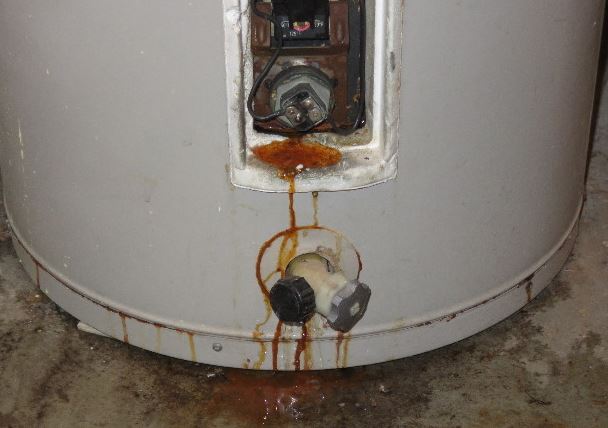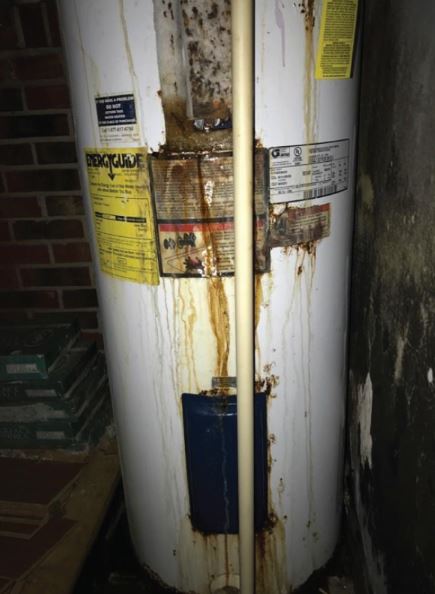Gas hot water bursts can be a major inconvenience and cause significant damage to your property. Understanding the causes, taking preventive measures, and knowing the right solutions can help you avoid this problem. In this blog post, we will explore the causes of gas hot water bursts, provide valuable prevention tips, and offer effective solutions to tackle this issue.
Causes of Gas Hot Water Bursts
- High Water Pressure: Excessive water pressure can strain the pipes, leading to leaks and eventually causing bursts. Regularly check your water pressure and ensure it remains within the recommended range.
- Corroded Pipes: Over time, pipes can corrode due to aging or exposure to harsh elements. Corrosion weakens the integrity of the pipes, making them susceptible to bursts. Inspect your pipes for signs of corrosion and replace them if necessary.
- Temperature Fluctuations: Rapid changes in water temperature can cause the expansion and contraction of pipes, leading to bursts. Install a pressure-balancing valve or a thermostatic mixing valve to regulate the temperature and minimize the risk.
- Poor Installation: Incorrect installation of gas hot water systems can result in weak joints and connections, increasing the likelihood of bursts. Hire a professional plumber to ensure proper installation and minimize potential issues.
Prevention Tips for Gas Hot Water Bursts
- Regular Maintenance: Schedule routine inspections and maintenance for your gas hot water system. This includes checking for leaks, testing pressure valves, and ensuring all components are functioning correctly.
- Pressure Regulation: Install a pressure-reducing valve if your water pressure exceeds the recommended range. This will help alleviate strain on the pipes and reduce the risk of bursts.
- Pipe Insulation: Insulate your hot water pipes to minimize temperature fluctuations and prevent sudden expansion or contraction. Use appropriate insulation materials, such as foam sleeves, to protect the pipes from extreme temperature changes.
- Corrosion Protection: Apply a corrosion-resistant coating to your pipes to extend their lifespan and reduce the risk of bursts. Consult a professional plumber to determine the best coating option for your specific needs.
Frequently Asked Questions (FAQs)
Q: How can I detect a gas hot water burst? A: Signs of a burst include reduced water pressure, water discoloration, hissing or banging sounds from pipes, and visible leaks. If you notice any of these signs, it’s crucial to take immediate action.
Q: Can I repair a burst pipe myself? A: Repairing a burst pipe requires expertise and specialized tools. It’s recommended to contact a professional plumber for proper repairs to avoid further damage.
Q: Are gas hot water bursts covered by homeowner’s insurance? A: It depends on your insurance policy. Review your homeowner’s insurance coverage and consult with your insurance provider to determine if burst pipes are covered.
Conclusion
Gas hot water bursts can be a significant hassle, but with proper knowledge and preventive measures, you can minimize the risk. Regular maintenance, pressure regulation, pipe insulation, and corrosion protection are crucial steps to prevent bursts. If you suspect a burst, don’t hesitate to seek professional assistance. By being proactive, you can ensure the longevity and efficiency of your gas hot water system while safeguarding your property from potential damage.
Remember, prevention is key when it comes to gas hot water bursts. Stay vigilant, address issues promptly, and enjoy uninterrupted access to hot water in your home.
Need to contact a plumber then us Plumber in Capalaba 0409 364 858 or contact us here
Here are some great reading about plumbing right here.
Tradelink And or Reece’s are a good place to start for fine tapware.


